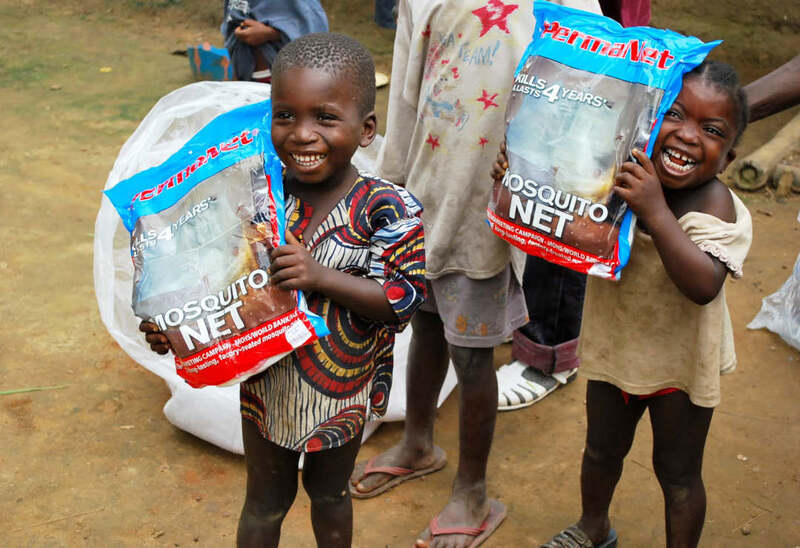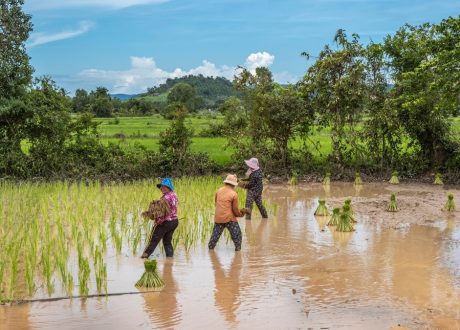
New ISO ESG Implementation Principles provide int’l guidance to streamline ESG practices
New ESG Implementation Principles launched the International Organization for Standardization (ISO) at the 29th United Nations ...

UNICEF released an emergency appeal to get $ 4.2 billion donation in order to be able to reach 59 million children with life-saving support in 64 countries across the globe. It is its biggest ask of donors yet, representing 3.5 times the funds requested in 2010.
“Around the world today, we’re seeing the largest number of children in need of emergency assistance since we began record-keeping. One in four children lives in a country affected by conflict or disaster”, said UNICEF Executive Director Henrietta Fore. “Historic numbers of children forcibly uprooted from their homes urgently require protection and support. Conflict remains the major driver, while hunger, infectious disease, and extreme weather events related to climate change force millions of others to seek life-saving aid.”
UNICEF’s Humanitarian Action for Children sets out the agency’s 2020 appeal and its work to provide conflict- and disaster-affected children with access to water, sanitation, nutrition, education, health and protection services. Overall, including adults, the appeal covers emergency support to 95 million people.
The five largest individual appeals are for Syrian refugees and host communities in Egypt, Jordan, Lebanon, Iraq and Turkey ($ 864.1 million); Yemen ($ 535 million); Syria ($ 294.8 million); the Democratic Republic of the Congo ($ 262.7 million); and South Sudan ($ 180.5 million).
Reaching the growing numbers of children affected by crises worldwide – especially in countries that typically receive less funding – requires not just additional funding, but funding that is more “flexible”, Fore said.
“Our ability to provide children with support from the moment disaster hits until they can get back to their normal lives requires funding that is quickly available, multi-year and isn’t tied to particular countries or issues. Flexible funding helps us save more lives and protect more futures.”
In 2019, flexible funding enabled UNICEF to respond to a dramatic increase of insecurity and displacement in Burkina Faso and Mali, two countries whose emergency appeals are still less than one-fifth funded.
The 2019 appeal – set at $3.92 billion and revised upwards to $4.13 billion mid-year, was 57 percent funded as of 1 November, including $761 million in multi-year funds carried over from the previous year.
New ESG Implementation Principles launched the International Organization for Standardization (ISO) at the 29th United Nations ...
PUMA has already made strong progress in reducing its greenhouse gas emission over the past ...
The United Nations Trade and Development (UNCTAD) urged during the 29th United Nations Climate Change ...


اترك تعليقا